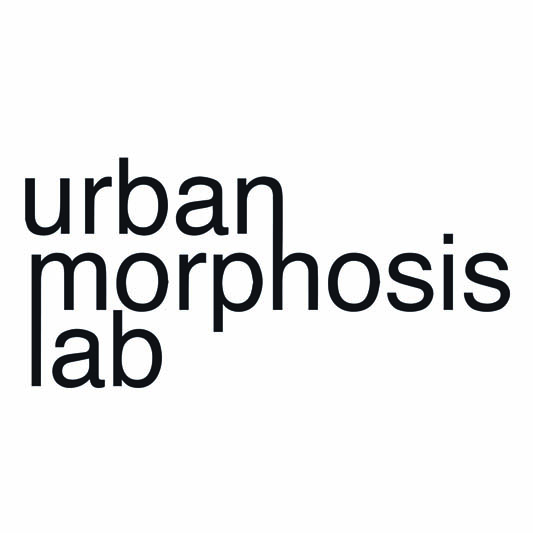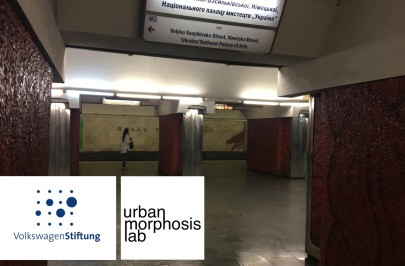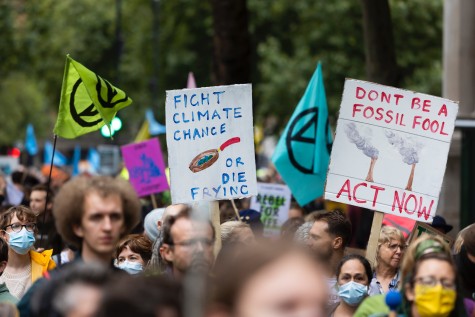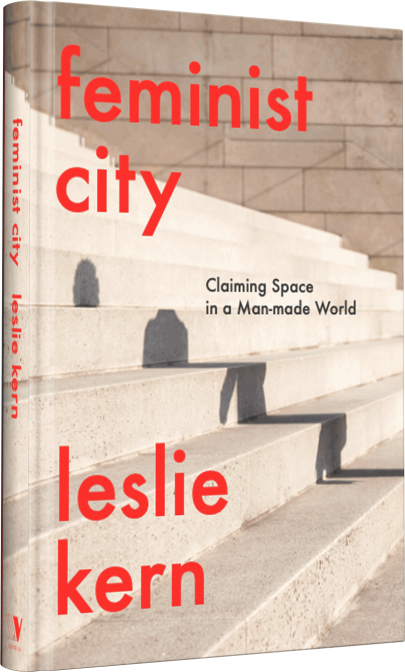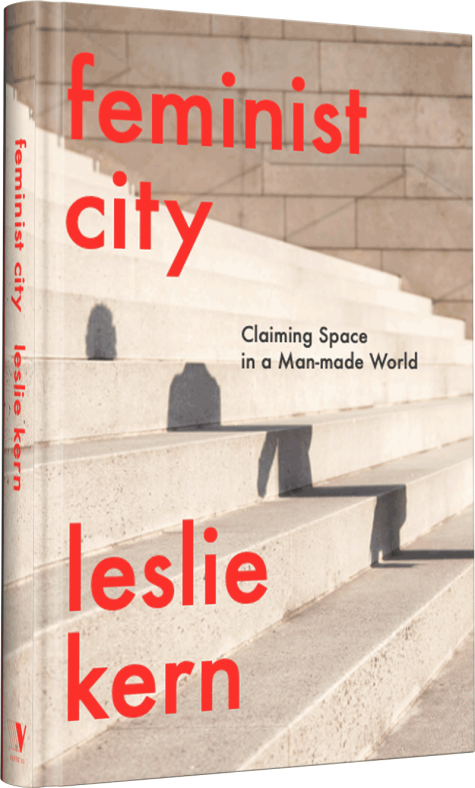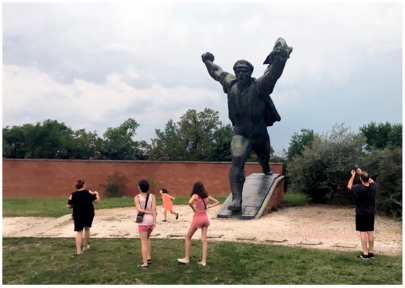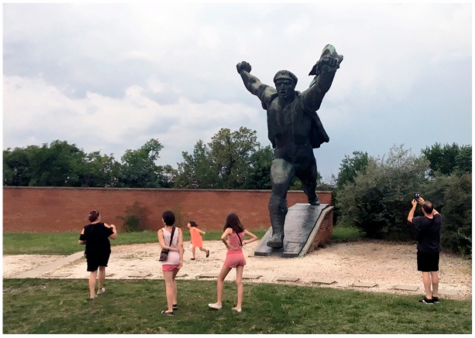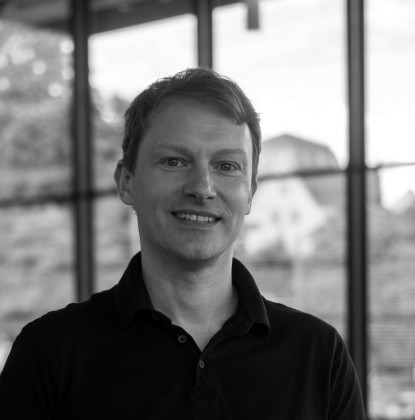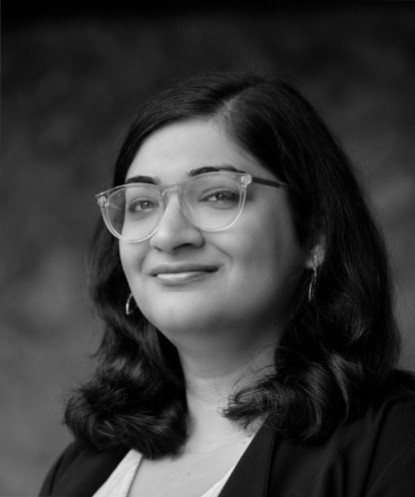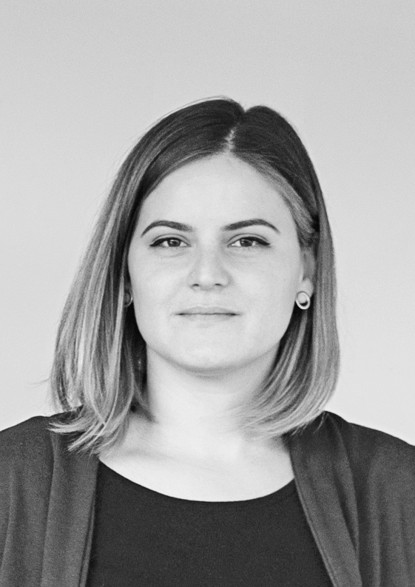Coming up
War in Ukraine – Prospects for the Interdisciplinary Post-Soviet Urban Research
Since the last year, we have all been influenced by the significant social, political and economic consequences of the Russo-Ukrainian conflict that equally affected interdisciplinary post-Soviet urban research. An international academic community researching in this context have perceived these events as highly critical, urging for initiation of a platform for identifying short- and medium-term research perspectives and exploring new possibilities for research dialogue with colleagues from the post-Soviet space.
The symposium “War in Ukraine – prospects for the interdisciplinary post-Soviet urban research”, supported by the Volkswagen Foundation, aims to offer a constructive and open atmosphere to reflect on and systematize the consequences of the current developments for interdisciplinary urban research related to Eastern Europe. In addition, this occasion is also an opportunity to identify socio-political and spatially relevant core topics for urban research and regional networking, and to provide solutions for methodological and organizational challenges of the “(Cold) War science”.
The symposium will be orrganized in February 2023 in the Kongresszentrum Schloss Herrenhausen in Hannover. Organisational commite of the symposium:
Carola Neugebauer (RWTH Aachen)
Elena Batunova (RWTH Aachen)
Barbara Engel (KIT Karlsruhe)
Annegret Haase (HZU Leipzig)
Nebojsa Camprag (TU Darmstadt)
The symposium is funded by the programme “Symposien” of the Volkswagen Foundation.
Rethinking Urban Transformations: A New Paradigm for Inclusive Cities
The point of departure for this edited volume to be published by “Springer Nature” are the outcomes of the DFG-funded International Conference on Cities and Change focusing on post-socialist and post-transitioning Europe that the Research Lab & Networking Platform“Urban Morphosis Lab” organised at TU Darmstadt in 2019. The lab plans to take a step further in investigating urban transformation processes by focusing on selected aspects of inclusion and diversity and their manifestation in different urban spatial contexts. Four diverse but interlinked research strands are strategically selected to deal with the complexity of the topic: (1) alternatives to growth as the emerging paradigm in urban development, (2) transformations of cities through tourism development processes, (3) diversification of urban identities through de-contestation of cultural heritage, and (4) inclusive socio-spatial perspectives on intersectional city-making practices. Along with providing a platform for networking, exchange, and the promotion of trans- and interdisciplinary research on sustainable urban transformation, the outcomes will be disseminated in the frames of the Springer book series “Diversity andInclusion Research”.
“Shared Spaces” – Equal Opportunities in the Design and Use of Urban Space
The global health crisis of COVID-19 has not only raised concerns but rather put infocus the increased incidents of heightened vulnerabilities of women–within the publicand private sphere. Reports of increased gender-based sexual and domestic violenceare coming in from various countries (UN Women, 2020) and cities need to prepare forpossible longer-term effects of the pandemic on women’s economic independence,everyday experiences and increased unpaid care work (ibid). In addition, the pandemichas shifted narratives of interactions in public spaces–from restricted movements topublic protests. Hence, the questions of who are we planning for and whose voicesneed to be heard, could guide how we re-populate empty urban spaces.
Thus, together with the LIANe Network and the DAM, we aim to explore the perceptionof urban public space through the analytical lens of an intersectional perspective onwomen’s everyday lived experiences. The objective of the project is to highlight thevarious dimensions that gendered user perspectives can bring into the planning anddesign of urban cityscapes, through conducting an online public, in-depth discussionpanel comprising of diverse stakeholders. Through this discussion panel, we aim toinvestigate what would an intersectional city look like–one where everyone isempowered by the place in which they live and work.
As a point of departure, we aim to critically reflect on the book, “Feminist City”, authoredby Leslie Kern. Instead of focusing on the oft-repeated trope of what a city designedby women would be, the book inquires what feminist city would be–one that isintersectional and inclusive of all genders (Kern, 2020). We intend to conduct an onlinediscussion panel with diverse and interdisciplinary experts and the public, through aparticipatory methodology. The panel discussion is planned as a two-hour event to behosted by DAM, wherein insights will be gathered through video recordings of theevents. The participants will be provided with a structures survey before and during thesession, to gain insights on their everyday lived experiences during the COVID-19pandemic. The recordings will then be evaluated and interpreted through theconceptual framework of intersectionality as an analytical tool to analyze the everydaylived experiences of women residents. The final findings will be used to make policyrecommendations and a short digital magazine publication.
Heritage in Transition – Socio-political Transformation & Reconfiguration of Post-socialist Cities in Central & Eastern Europe
The collapse of state socialism (1945-1989), followed by sudden shift towards neoliberal development agenda, enabled inclusion of the CEE region into competitive global economies. Although this transition advanced both as a temporarily and spatially uneven process, it caused reposition of cultural heritage as a resource, along with its major reconsideration. Post-socialist preservation value system, largely under the influence of national policies aiming to redefine collective and place identities, mobilised the means of the so-called historic revisionism in dealing with unwanted pasts, as shown by the process of “decommunization” of urban space. Such contestations of unwanted pasts largely resulted with exclusions of socialist legacy from both national and urban identity making processes in post-socialist Europe, and thereby also from urban development strategies. On the other hand, considering that both national and international interest in socialist heritage started to rise after about a decade following the shift, today we are also witnessing slow and selective recognition of this legacy. Besides from some efforts of a number of heritage experts and scholars, the most important role in the on-going process of rehabilitation of socialist heritage probably had dynamic development of the trends in tourism industry, being the most important sector of economy using heritage as a resource. Nevertheless, this trend could also be viewed as obstructing, particularly regarding to the official constructions of post-socialist national identities. In the core of this paradox was nostalgia for the pre-socialist history chapters and persistent contestation of the socialist ones that continued even after its appropriation and revival solely for touristic purposes. In a situation when economy verses identity construct, the priority for the CEE countries to place the communist period behind them thus seemed to become overshadowed by the resource that enabled tourism to become a source of revenue.
The exact dynamics of such complex links between urban spaces, representation of cities, post-socialist identity formation, and neoliberal development agenda still remain rather questionable, even after nearly three decades of comprehensive socio-political and economic transformation processes occurring in the region. The proposed research therefore aims at systematic investigation of the effects and consequences of the comprehensive transformation processes on dynamics and perspectives of urban transformation and representation, as well as its implications for strategic urban development in the post-socialist Europe. The research starts from the hypothesis on fluid and questionable nature of heritage phenomenon having different meanings for different groups and users, thus causing some contestations, manipulations, and appropriations during the process of construction of urban spaces and images. Of particular relevance are also highly diverse processes and varied results of the adopted strategic approaches to historical physical reconfiguration and image-making of post-socialist cities in the CEE context.


